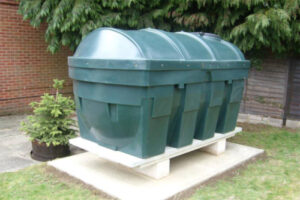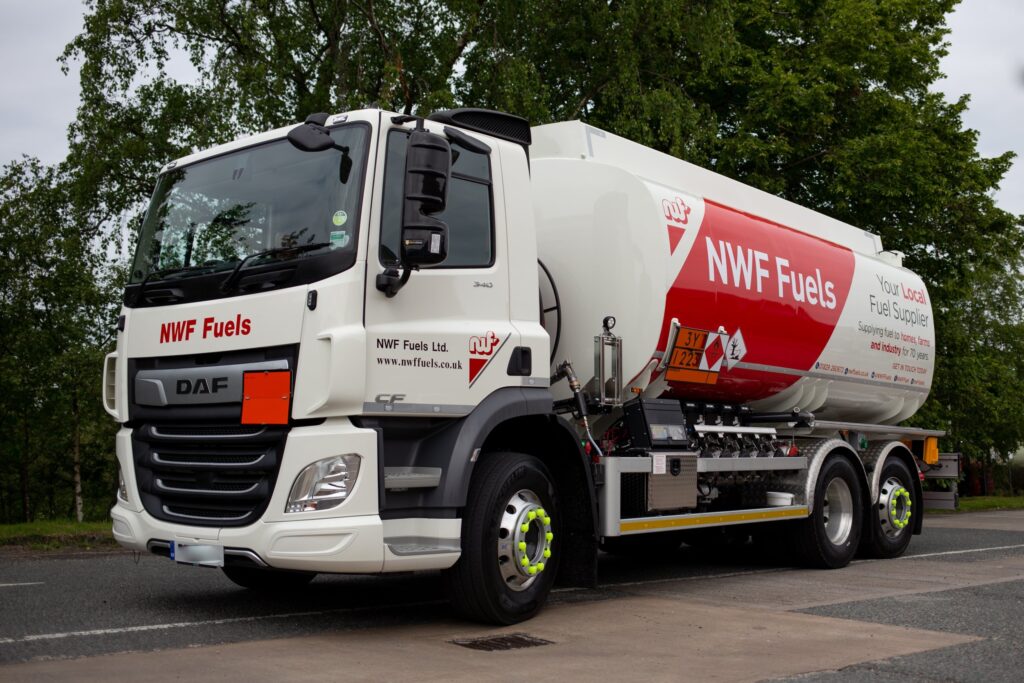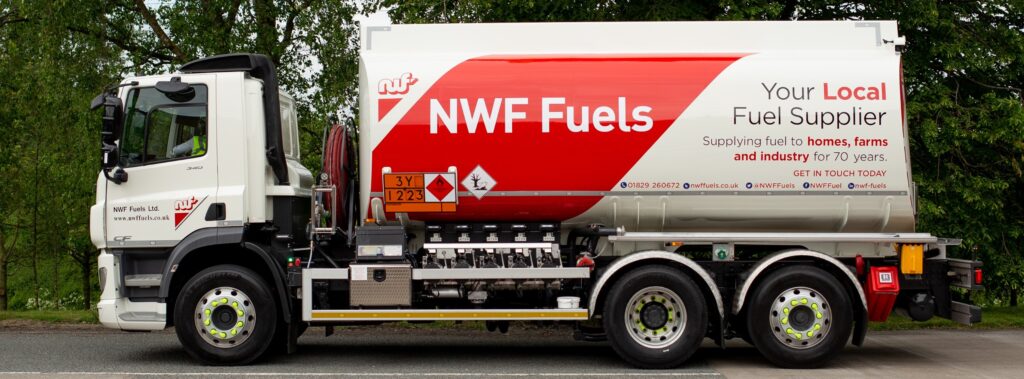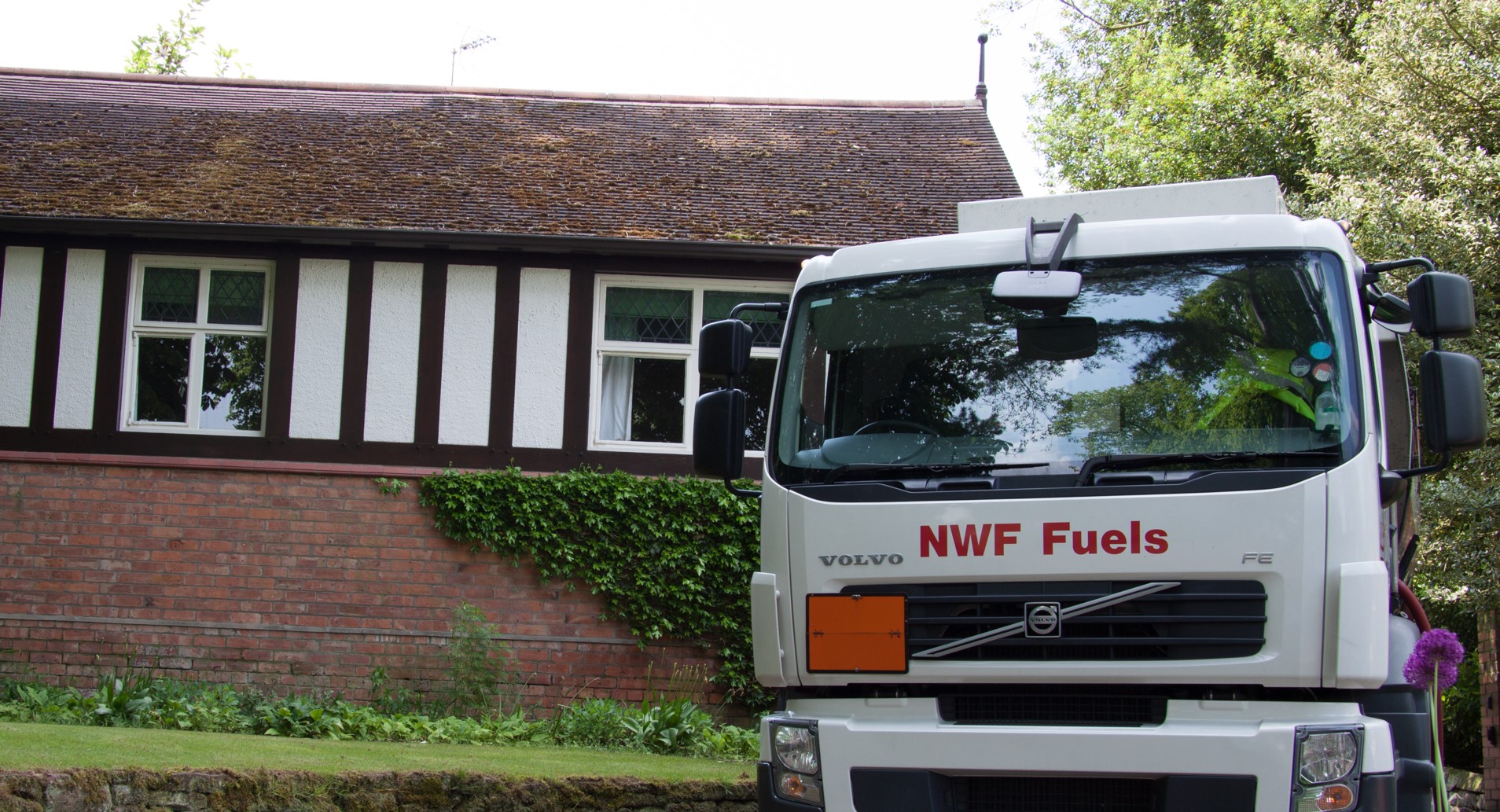UPDATE 12/04/2023
The government has extended the window for oil-heated homeowners applying for their £200 domestic “Alternative Fuel Payment” (AFP).
Previously the eligibility window was set from September 2022 but has been extended to June 2022 to accommodate occupants that purchased fuel in bulk ahead of winter.
This means that if you have not yet received a £200 alternative fuels payment, but have proof of spending at least £200 on home heating oil since June 2022, then you could be entitled to the energy bill support.
Most people will automatically receive the payment as credit on their electricity bill. However, if you have not received the payment automatically you can use the AFP application portal until the end of May 2023.
UPDATE 06/02/2023
Further information has now been released to confirm a payment of £200 will be made to contribute towards the cost of heating your home. Payments will begin to be released from February via your electricity supplier or the government. A statement from the trade association UKIFDA said:
“The £200 payments will start 6th February 2023, with most customers receiving the payment automatically as a credit on their electricity bill within the next month. The government has provided electricity suppliers with a list.
A small minority of customers, including those living in park homes or on houseboats with no direct electricity supplier and those on the gas grid but without a gas connection and using heating oil, will need to apply to the Alternative Fuel Payment Alternative Fund (AFPAF) via an application portal on the government’s website https://www.gov.uk/ which will open later in February”.
You can find more information here: Households, businesses and organisations off the gas grid to receive energy bill support over the coming weeks – GOV.UK (www.gov.uk)
We fully support this advice, and it echoes the advice we give below.
Get a quote for home heating oil
UPDATE 13/10/2022
UKIFDA, the industry body for the distribution of liquid fuels, has met with the government about the targeted support payment for heating oil households. This support is now known as the “Alternative Fuel Payment” (AFP) and will be applied directly to eligible customers’ electricity bills this winter. They have advised strongly that customers do not delay if they need heating oil:
“Inevitably this [£100 support] will take some time, so we strongly recommend that customers do not wait if they need heating oil. We are working closely with the government to find a solution and ensure that heating oil households receive their £100 as soon as possible.
UPDATE 18/11/2022
In his Autumn Statement on 17th November 2022, Chancellor Jeremy Hunt announced that the Alternative Fuel Payment (AFP) for domestic customers would be doubled from £100 to £200. The government has said that this will be applied as a credit to electricity bills but they have not confirmed when this payment will be made to available to eligible households. We advise that you do not delay your heating oil order – click above to get a quote and place your order now.
UPDATE 19/12/2022
The government has announced today that the £200 Alternative Fuel Payment will be made in Northern Ireland in January 2023 and in Great Britain in February 2023. This will be distributed as a £200 credit to electricity bills. For those without an electricity supplier, an online portal will be available in February 2023.
The government announced in September 2022 that we would receive help towards the increasing costs of gas and electricity bills. However, there has been some uncertainty around whether users of home heating oil will be able to access similar funding to help heat their homes.
In this short guide, we are going to cover what the Energy Price Guarantee is and what it means for you, whether there will be any equivalent help for home heating oil users, and some tips to help you with your home heating oil this winter.
What is the Energy Price Guarantee?
In the announcement from the government on the 8th September, several measures were announced to combat the rise of energy costs for households in the form of an Energy Price Guarantee, as well as plans to increase national energy supply and resilience, and meet the target of the UK becoming a net exporter of energy by 2040.
Standing charges will remain in line with the levels set by Ofgem for the default tariff cap from 1st October 2022 – this is 46p per day for electricity and 28p per day for gas for a typical dual fuel customer paying by direct debit.
This will cap energy bills at £2,500 for a typical household until April 2023, based on the median average usage for all properties across the UK, at which the cap will be raised to £3,000 (as announced by Chancellor Jeremy Hunt in his Autum Statement)
The Energy Price Guarantee limits the amount you can be charged per unit, so your exact bill will be based on the amount you use – if you use more than the average, you will pay more than £2,500, and if you use less, you will pay less than £2,500.
This is a saving of over £1,000 for the typical household, as the price cap announced by Ofgem was due to rise to £3,549 on 1st October 2022 (an 80% increase on the current cap of £1,971).
Get a quote for home heating oil
Will I still receive the £400 from the Energy Bills Support Scheme?
The Energy Bills Support Scheme (EBSS) announced by the government earlier this year is still in place. This will provide support to every household in the form of a £400 grant applied to your electricity bill (electricity was chosen as the electricity grid is more extensive than the mains gas network, so the help will reach more people more quickly). This will be paid in monthly instalments from October 2022 – March 2023 (£66 in October, and £67 each month afterwards).
You do not need to apply for this grant, and you do not need to pay it back.
How this is paid to you will depend on how you pay for your electricity, so please contact your electricity supplier or visit their website to find out more information.
The government has confirmed that further funding will be available to provide equivalent support for the 1% of households who are not eligible for this grant. This includes households without a domestic electricity meter or a direct relationship with an electricity supplier (e.g. park homes, houseboats, or living ‘off-grid’).
If you usually receive a Winter Fuel Payment, this still applies – you will receive that payment this winter.
Does the Energy Price Guarantee Apply to Heating Oil households?
The Energy Price Guarantee does not include households that use heating oil to heat their homes as it only applies to those who are on the grid.
However, the government announced that those households using home heating oil would receive “equivalent” support, ensuring that they wouldn’t miss out on the benefits that electricity and mains gas customers will receive:
“For those using heating oil, living in park homes, or those on heat networks, we will set up a fund so that all UK consumers can benefit from equivalent support.”
Liz Truss
The government announced on 21st September 2o22 that households not eligible for the Energy Price Guarantee will receive alternative targeted support to help with the cost of energy bills (now called the Alternative Fuel Payment). This was announced alongside Energy Bill Relief Scheme for businesses, charities, and public sector organisations.
What is the Alternative Fuel Payment?
The Government announced on the 12th October 2022 that the targeted support for households not on mains gas (which includes those using home heating oil) is now called the Alternative Fuel Payment (AFP), and that this payment would be applied as a credit to the electricity bills of eligible households this winter.
The government has said that it will “continue to monitor the prices of…heating oil, and will consider further intervention if required to protect UK households from extraordinary fuel prices.”
UPDATE: In his Autumn Statement on 17th November 2022, Chancellor of the Exchequer Jeremy Hunt announced that the Alternative Fuel Payment for heating oil households will be doubled to £200 to help with the rising cost of bills.
The government has said that the Alternative Fuel Payment will be made available to home heating oil customers in February 2023, so our advice to you is to continue to purchase your heating oil as usual, and not to delay ordering.
Get a quote for home heating oil
What if I don’t have an Electricity Supplier?
The government has said that those who do not receive the AFP due to not having a relationship with an electricity supplier will not miss out. They will receive £200 through an AFP Alternative Fund via a designated body. The government has said that customers will be able to apply by an online government portal in February 2023.
Will There be Government Funding Available to Help with My Home Heating Oil Bills?
Whilst the government didn’t give specific details in their statement on the 8th September, the Prime Minister said that there would be a discretionary fund available for those homes that are not part of the mains gas network.
The government then announced on 21st September 2o22 that households not eligible for the Energy Price Guarantee will receive targeted support to help with the cost of energy bills. On 12th October 2022, they announced that the £100 payment, now called the Alternative Fuel Payment (AFP) would be applied as a credit to the electricity bills of eligible households. On 17th November 2022, Chancellor Jeremy Hunt announced that this support would be doubled to £200.
The government has said that this payment will be made in February r. We are awaiting government advice and consulting with our industry body, UKIFDA, so that we have the most up-to-date information available.
We will be able to provide more information as soon it is made available – please continue to check this page and follow us on social media for further updates.
However, you will still receive the £400 EBSS grant (mentioned above) to help with your household bills.
Our Advice for Home Heating Oil This Winter
In the meantime, here are a few top tips from us to help with your home heating oil this winter:
- Don’t Delay – Top Up Before Busy Periods
As the days and nights get colder, the demand for home heating oil increases. The price also increases during periods of high demand, so ordering your heating oil before the busy winter period will help to keep costs down. If you delay your heating oil order, you run the risk of running out and needing to order during busy periods, which could cause delays as demand increases.
- Join The Cold Weather Priority Initiative If You Are Eligible
NWF Fuels is a member of the Cold Weather Priority (CWP) Initiative, which is a scheme to identify and prioritize customers aged over 75.
You are eligible for the scheme if your household has at least one member over 75. You simply just need to tell us when you order.
- Join a Payment Plan
Having a direct debit payment plan in place is a really good way to offset the cost of your home heating oil and save for your next top-up. By splitting up the cost of your home heating oil into manageable monthly payments across the year, you will have the peace of mind that your bills are under control and that you have some funds in your account if prices rise.
At NWF Fuels, we offer two kinds of payment plan – our Budget Plan and our Priority Club, both of which allow you to spread the cost of your heating oil.
Contact us to find out more.
- Upgrade to Premium Fuels If You Can
Upgrading to a premium home heating oil helps to increase boiler efficiency and helps to keep your heating system healthy. This results in a greener, cleaner burn and will enable you to get more out of your tank, saving you money over time.
If you join our Priority Club, we will upgrade you to premium home heating oil for free.
- Keep Up to Date with Heating Oil Announcements
As the discretionary support fund for home heating oil users has only just been announced, there is not much information available right now. Keep checking our website, and we will be able to update you as and when the information is made available to us by the government, keeping you in the know.
Contact Us Now
Take control of your home heating costs today with NWF Fuels’ Energy Price Guarantee. We’re committed to offering you the best value for your money, so you can enjoy a warm and cozy home without worrying about skyrocketing bills.
Say goodbye to the uncertainty of fluctuating energy prices and say hello to peace of mind. Join our satisfied customers who have already saved on their heating bills. Don’t miss out on this exclusive offer! Get in touch with our team by calling 01829700120.
Get a quote for home heating oil









